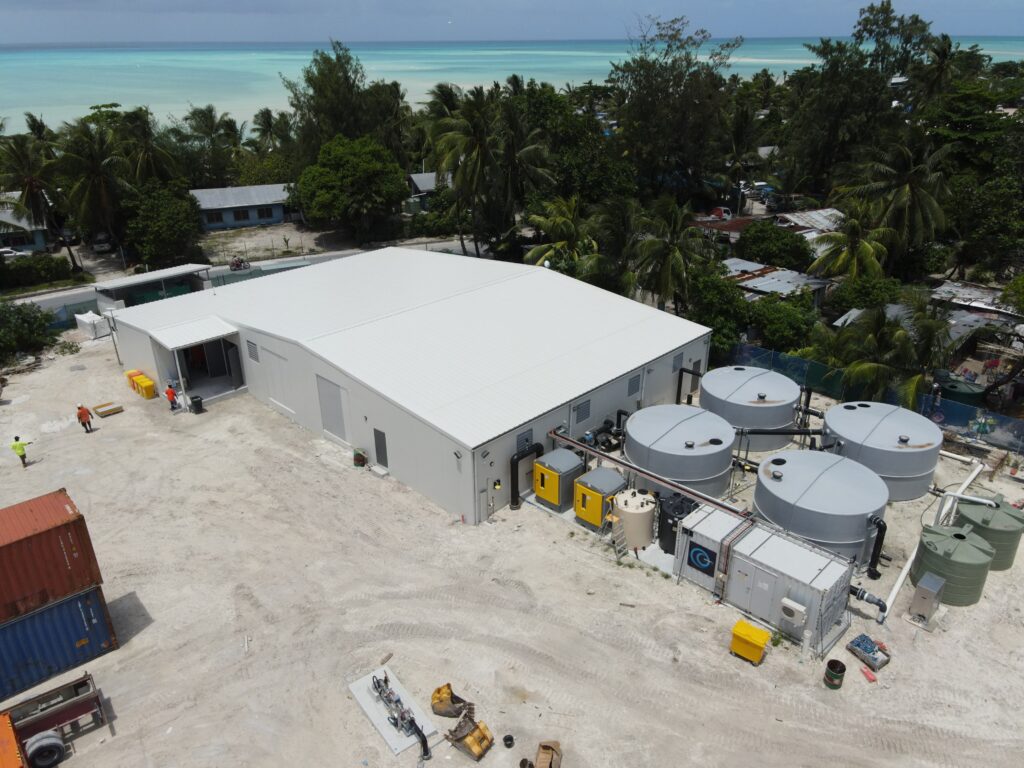Building Communities
Building Communities
The projects we chose to tender and undertake are selected with community benefits in mind, we prioritise the impact these projects will have on their local communities.
We prioritise sustainability and social inclusion so that we not only construct quality assets of long-term value, we also actively support the communities in which we work. We pride ourselves on working with local con- tractors, communities, and all levels of government in the design and delivery of construction works. Our success over the last two decade has been assured by recognising and placing a high emphasis and priority on engaging with local business and skills where we work.
Our approach to the D&C Phase for projects been to focus on ensuring the design outcome provides a long term, sustainable and appropriate design response for the culture, climate and conditions of the location.
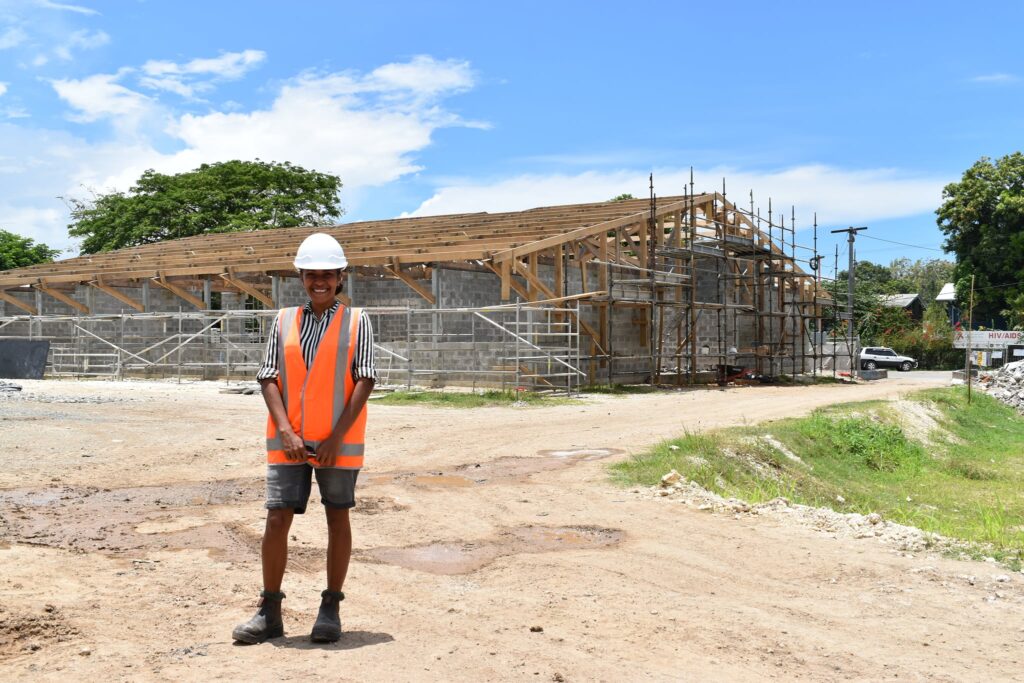
Capacity Development
We enable capacity development through targeted skills development of workers and internship opportunities for undergraduates and recent graduates.
Economic Contribution
We inject income into the community through engagement of local labour, subcontractors, and suppliers. We have in place Local Industry Capacity Development Programs.
Indigenous Participation
We are committed to inclusive development and actively participate in stimulating Indigenous entrepreneurship, utilising existing construction business capacity both in Australia and in our overseas projects.
Environment
Preventing environmental degradation and taking advantage of opportunities to enhance the environment and adapt to climate change are essential to alleviating poverty. Options are assessed during design development, selecting materials, building systems, construction technology, products and finishes that have a high durability and low probability for damage or frequent replacement as part of disaster risk reduction. We use DFATs Environmental Management System (in compliance with the Environment Protection and Biodiversity Conservation Act 1999).
Eliminating Gender-Based Violence and Child Abuse
We are committed to carefully identifying, assessing and managing Gender-based Violence and Child Abuse/Exploitation risks within our worksites and surrounding local communities.
Promoting Healthy Lives
We support Indigenous Australians and Pacific Island athletes to compete in athletics, providing schools with sports equipment (rugby, soccer, netballs) to the communities we work with.
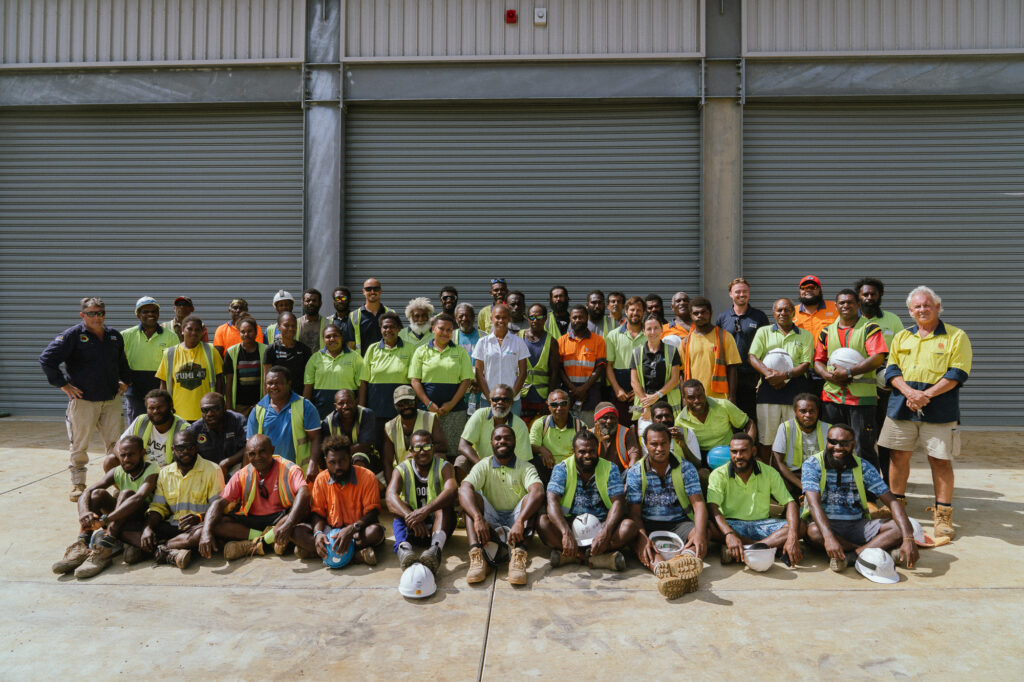
Training Initiatives
In 2020, the Australian Pacific Training Coalition (APTC) and Reeves Envico signed a Memorandum of Agreement that set out joint objectives for developing the skills of Pacific construction workers and offering internship opportunities for undergraduates and recent graduates on its projects. The achievement of outcomes in these initiatives will contribute to a prosperous region driven by a skilled, productive and safe workforce.
With a commitment to the development of local industry, we invest in skills development with APTC and local training institutions to further develop worker safety and skills. In the last three years we have supported over 800 construction workers to complete ‘Prepare to Work Safely in the Construction Industry’ and employ final year and recent graduates from construction related courses. We are particularly targeting female graduates to meet our commitments to gender equity.
Training Initiatives
In 2020, the Australian Pacific Training Coalition (APTC) and Reeves Envico signed a Memorandum of Agreement that set out joint objectives for developing the skills of Pacific construction workers and offering internship opportunities for undergraduates and recent graduates on its projects. The achievement of outcomes in these initiatives will contribute to a prosperous region driven by a skilled, productive and safe workforce.
With a commitment to the development of local industry, we invest in skills development with APTC and local training institutions to further develop worker safety and skills. In the last three years we have supported over 800 construction workers to complete ‘Prepare to Work Safely in the Construction Industry’ and employ final year and recent graduates from construction related courses. We are particularly targeting female graduates to meet our commitments to gender equity.

Environmental Infrastructure
Reeves Envico carry out climate adaptive projects that include cyclone resistant buildings, sustainable design, water and wastewater plants, reticulation networks, ocean outfalls, and sea walls.
The countries in which we work are disproportionally affected by climate change as a direct result of the actions of larger developed nations. To counteract this we specialise in cyclone resistant buildings, sustainable design, water and wastewater plants, reticulation networks, ocean outfalls and sea walls. Our role in the Pacific has become more important as the effects of climate change continue to exponentially impact Pacific communities, with rising sea levels and extreme weather events threatening life in these locations.
The urgency of climate change has shaped the direction of the group in recent years. The group has, as well as providing water solutions, pivoted towards projects combating climate change. This includes sea walls and climate resilient infrastructure such as new markets in Gizo in the Solomon Islands.
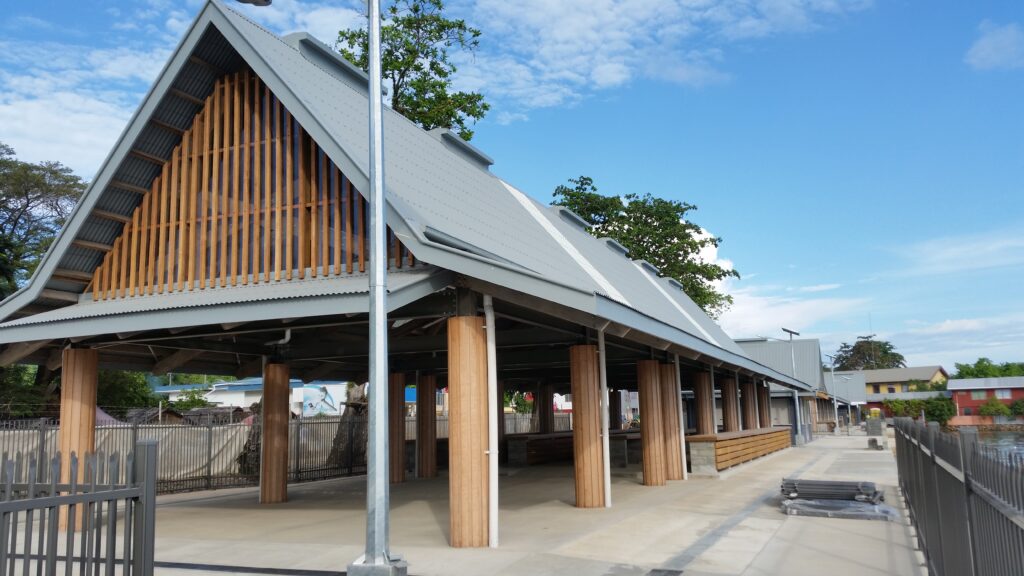
An Emphasis on Water
Reeves Envico Group is an Australian company that specializes in providing safe and sanitary water to remote communities in the Pacific as well as regional areas in Australia. By delivering our core expertise of delivering potable water and wastewater treatment plants, we also aim to help improve the health of the people in the region by delivering clean, safe drinking water. We recognise the importance of providing safe and sanitary water supply for communities throughout the Pacific, and believe that basic access to safe water is essential to achieving sustainable and inclusive growth in the pacific region. This is why we have actively pursued water and waste-water treatment projects in the region, funded by agencies such as the Asian Development Bank. The water infrastructure projects include the construction of wastewater treatment plants using various purification processes including IDEA, DAFF, UV and UF. We have built potable water pump station and wet well sewage pump stations. We have experience with concrete and steel tank construction. We have worked on green field sites and on live plants.
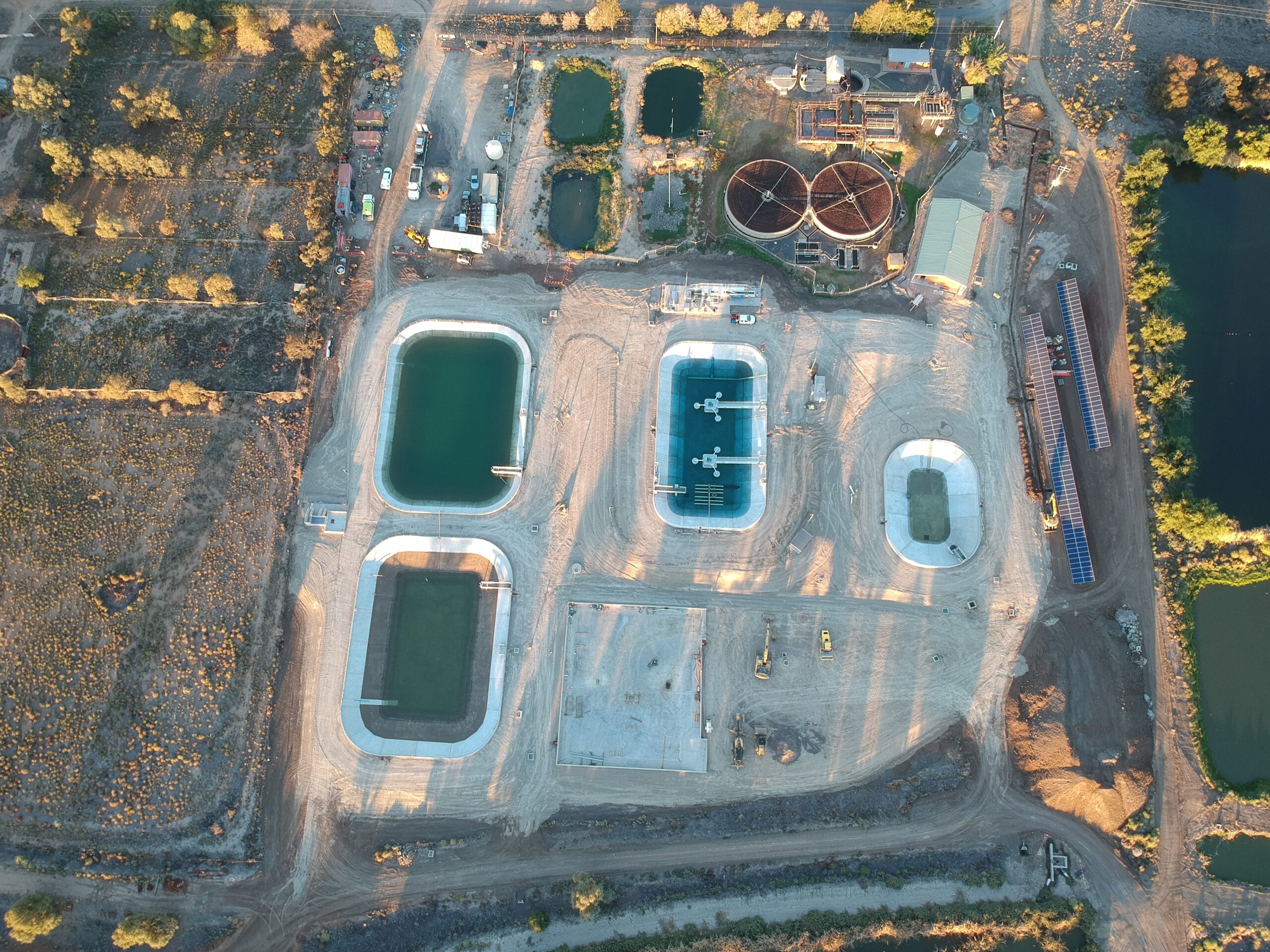
Case Studies
Auki Water Supply
Auki Water Supply
As the capital of the Malaita province, Auki has witnessed population growth and deficiencies in the existing water assets. Because of this, the Solomon Islands Water Authority (SIWA) conceived the Auki Water Supply Improvement Project to secure and safe water supply for future demand.
Through this project, Reeves Envico was able to supply and construct a 1 ML water tank, interconnecting transfer lines and pump stations on Auki and contributing to water safety and hygiene for its over 7,000-strong population.
The Auki Water Supply Improvement Project in Solomon Islands officially opened in 2020. Through our water specialist team with solid experience in Solomon Islands, we have contributed to the provision of water sanitation and hygiene in the Pacific region.
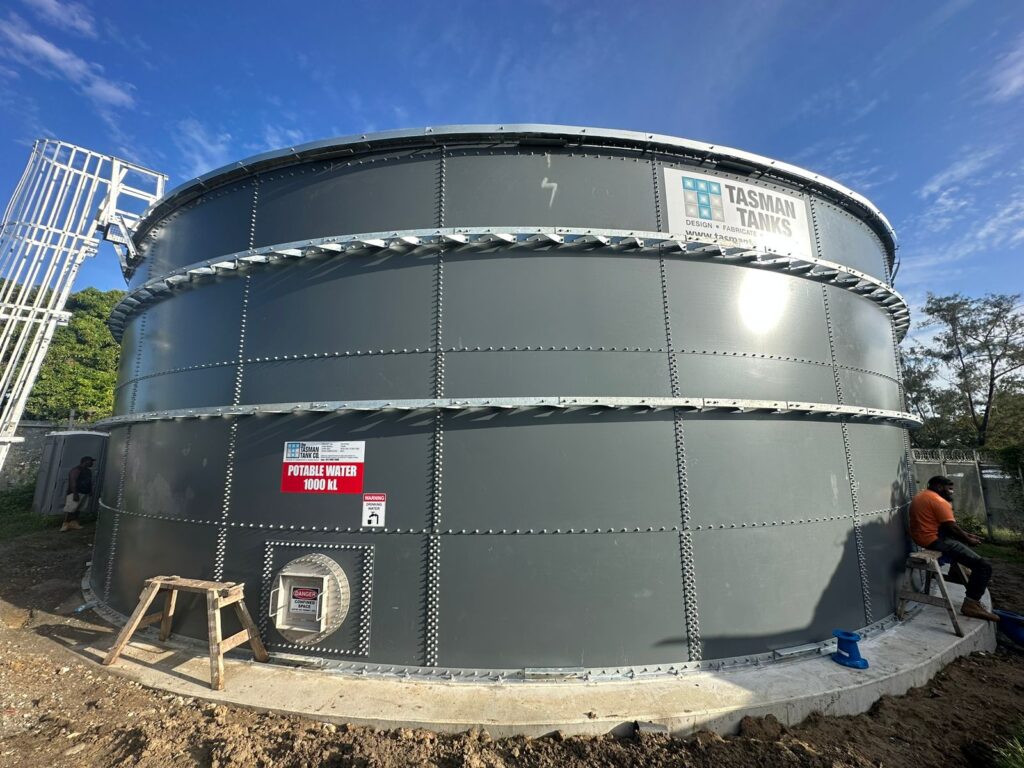
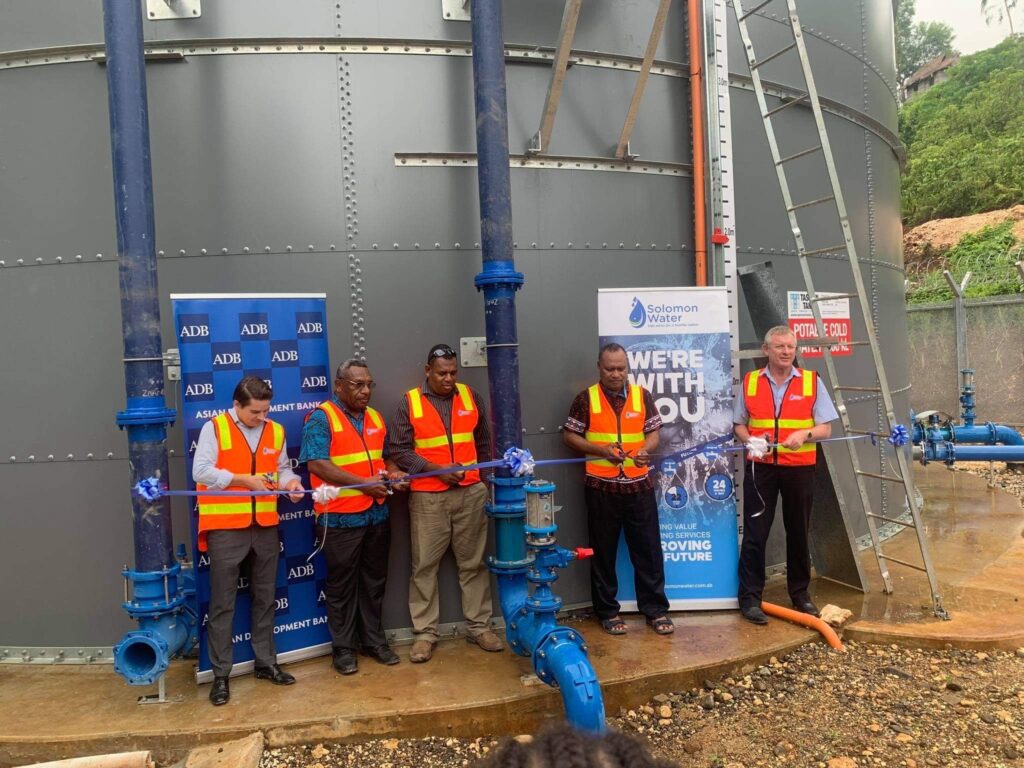
South Tarawa Desalination Plant
South Tarawa Desalination Plant
The project also includes new and rehabilitated water supply network infrastructure, 5-year operations and maintenance (O&M) support for the desalination plant and network, as well as support for capacity development in key institutions.
The water plant’s energy needs will in part be met by a parallel rollout of solar energy capacity being undertaken by the Kiribati Government.
This project continues Reeves Envico’s proud involvement with the government of Kiribati and allows us to build on a large portfolio of projects in the country including water network improvements, airport terminals and sea wall construction.
In developing the solution, Reeves has strived to first understand the project requirements, eventually sharing the experience between Osmoflo and CCB Envico to devise a sustainable solution that provides for two purpose-built desalination systems that meet the needs of the community and the challenges of the remote location.
The desalination plant will be the largest in Pacific Islands, valued at $60 million – all thanks to grants from the Asian Development Bank (ADB), World Bank, and Green Climate Fund (GCF).
